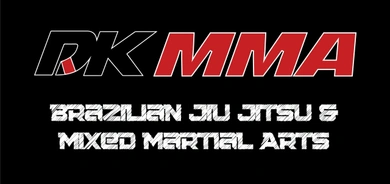Max & Davide win their fights on Endouro MMA
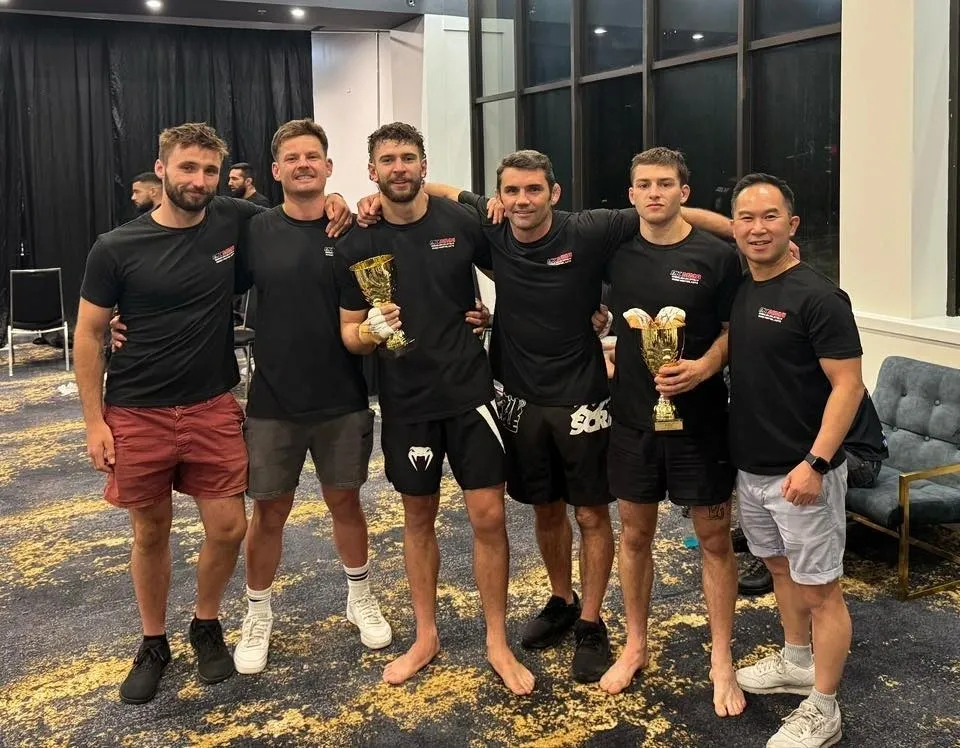
The past two months have been a testament to the relentless dedication, discipline, and sacrifices that are required to step into the cage and compete at the highest level. Every session, every drill, every ounce of effort was focused on building not just the physical strength but also the mental fortitude and technical precision needed for Saturday’s fight. I’ve never seen such unwavering commitment from my fighters, and as a coach with nearly 20 years of experience working with national champions and an amateur world champion, I can say without a doubt that this level of preparation is unparalleled. Since moving into our new facility just eight months ago, the growth we’ve experienced as a team has been nothing short of remarkable. The environment, the resources, and the relentless drive of our fighters have elevated us to new heights. What you’re seeing in the gym isn’t just about physical conditioning—it’s about mental resilience, strategic thinking, and honing technical skills down to the smallest detail. It’s about focusing on every aspect, from perfecting the basics to refining complex techniques, all while pushing the limits of what we thought was possible. This fight was the culmination of countless hours spent sharpening every tool in our arsenal, and on Saturday night, that preparation paid off. We didn’t just work hard—we worked smart. Now, the world has seen what we’re capable of. This victory is the result of true teamwork, unbreakable focus, and a level of preparation that speaks for itself.
The Five fastest ways to derail your mma career
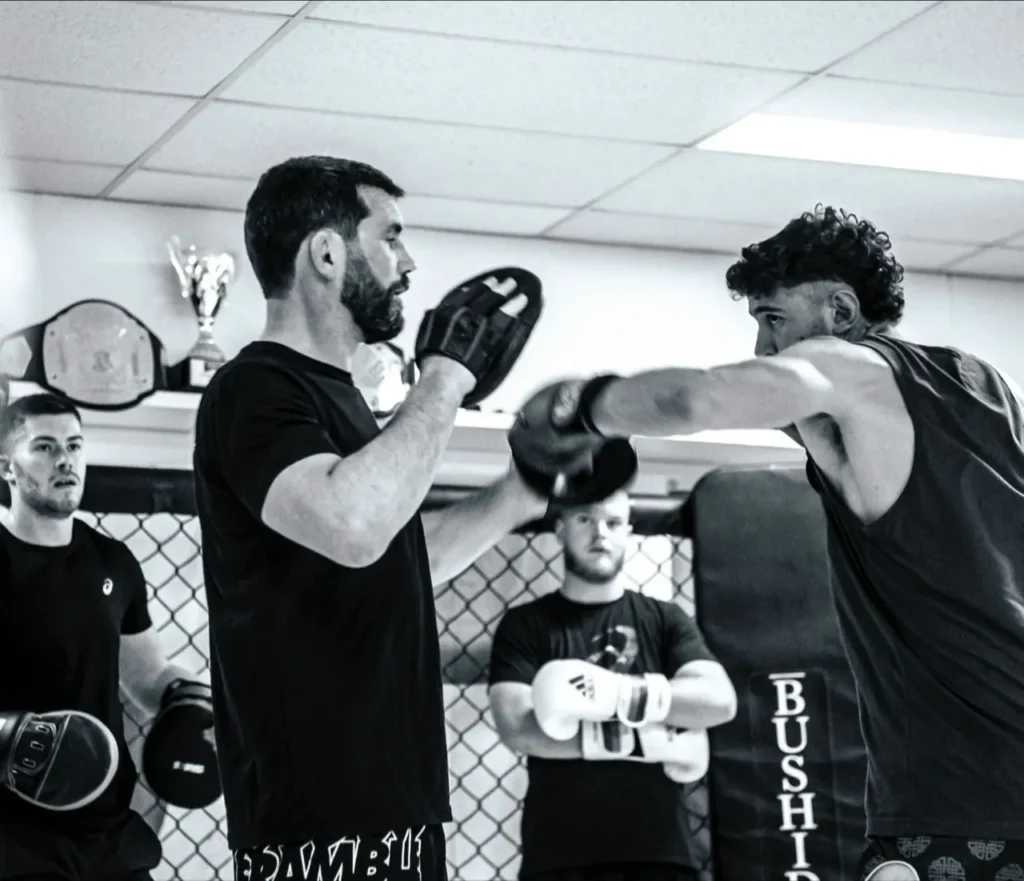
1 – Take time off after your fight to relax, don’t bother turning up to help your training partners get ready for their upcoming fights. Reality – Your coaches probably will never put much effort into training you again now that they see you lack commitment. 2 – Stop following the advice of your coaches and instead start listening to your mate or uncle who used to do karate back in the 70s Reality – Even with the widespread popularity of mma these days qualified coaches are still rare to find. If you find a good coach who has legitimate mma experience, has a proven track record of training good fighters then you already have a massive advantage over your opponents. Now all you have to do is follow their advice and try to politely ignore everyone else’s opinion. 3 – Base your training program on what you see the famous ufc fighters doing on Instagram rather than listening to your coaches Reality – Everything you see online is to build ‘likes, engagement & followers’. Real training is hard and boring. Leave the tik tok dances and comedy skits to the social media experts and stay focused on your goal. 4 – Leave your current gym and go train at another gym because they look good on instagram. Reality – The popular gym already has a team of members who’ve been there from the beginning building it up from the foundations. They probably have a new Instagram convert turn up once a week trying to prove themselves. 5 – Stop turning up for classes and instead just turn up for sparring & open mats or if you think someone will hold pads for you. Reality – Unless you’re already an elite wrestler, high level striker and bjj black belt with extensive competition experience in each area you probably have still a lot to learn in each of these areas. Experienced coaches probably won’t take you seriously if you aren’t mature enough to identify the weaknesses in your skill sets & aren’t putting in the work to improve.
Why it’s better to have a coach who has had fight experience.
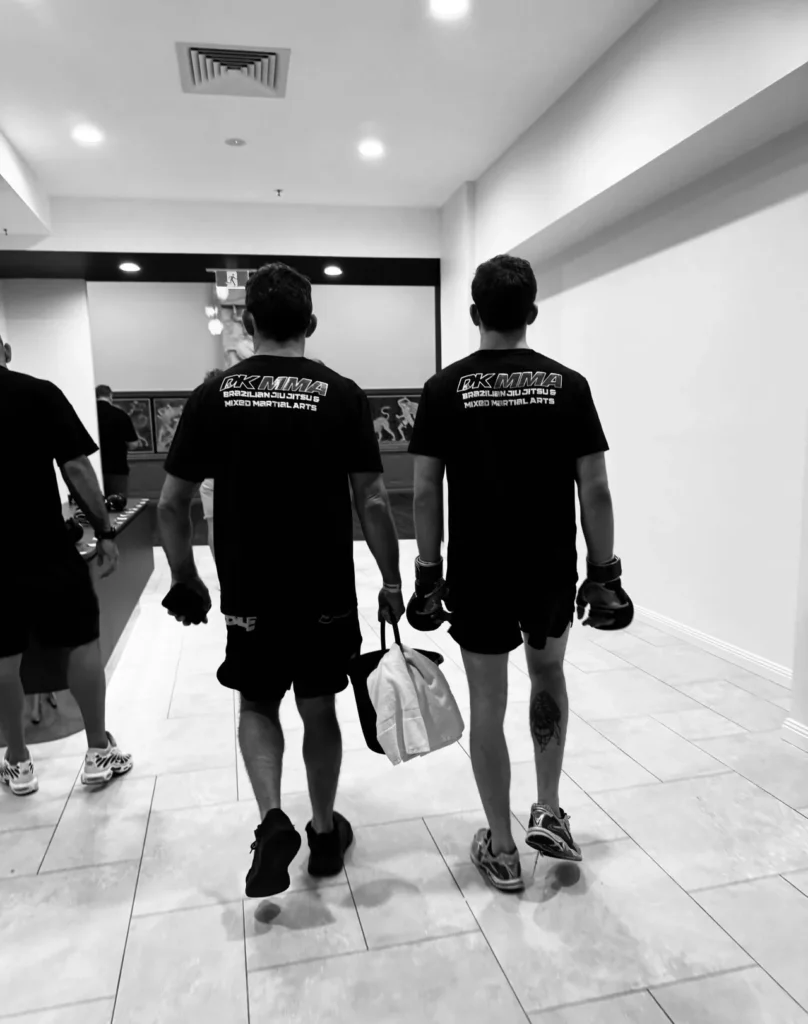
Obviously there are exceptions, there are people who have a very deep understanding of the technical side of mma without ever having stepped foot in the ring. However, my problem is that mma tends to attract a lot of clowns who manage to trick fighters into hanging around with them and fighting tends to filter these people out. Do you need to have been a fighter to be a good coach? When this subject is brought up people will always bring up the examples of high level coaches who never had any fight experience themselves such as Cus damato or Greg Jackson. However I see these coaches as the exception rather than the rule, for every one successful coach who didn’t have fight experience there are many more with no experience and sketchy credentials who somehow convince their students to get into the ring. There are various reasons for why mma coaches in the past didn’t have fight experience. MMA is a relatively young sport so for many coaches there just wasn’t the opportunity to fight or compete when they were in their prime. When I had my first amateur mma fights in 2000 there were very few coaches who also had fight experience around. When you look at the vast majority of successful fighters you will see that they are trained by coaches who have legitimate fight experience rather than just theoretical knowledge. Although it’s obviously possible to coach successfully without fight experience I find that more often than not coaches make up for this lack of experience by creating a mythical background around themselves that convinces the eager young fighter to follow their every word without every questioning the validity of what they are learning. Another reason is that sometimes the best fighters don’t make the best coaches. I definitely agree with this. The best fighters usually are able to pick up skills and techniques very quickly and therefore often lack the patience to break down and coach these skills to less talented or less experienced novice fighters. Coaching is a skill that needs to learned and practiced just like any other skill. Often a fighter feels that once he’s had a successful fight career he can just lazily turn up to the gym and show what he knows and that’ll be enough but usually this doesn’t work well. I can say that there are many things that I wouldn’t understand about fighting if I hadn’t had a lot of fight experience myself.What it feels like on the weeks leading up, what it feels like to walk into the cage, how you feel between rounds in a tough fight and what you want or need to hear after a win or a loss. The problem with coaching when you haven’t fought is that you don’t know what you don’t know. There are many hypothetical techniques, tactics and strategies that should work in a fight because they work well in training or sparring but a real fight is a much different thing. If you have real fight experience you will realise this whereas inexperienced coaches usually have to figure it out the hard way.
Black Belt Anniversary
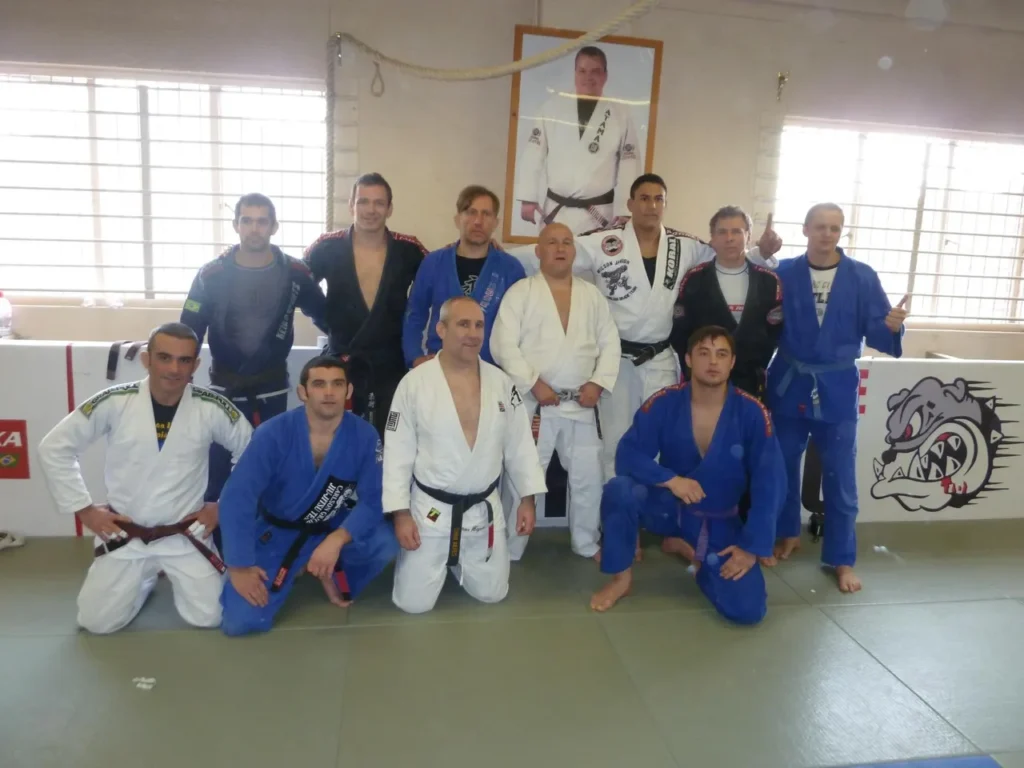
13 years ago today I received my BJJ black belt. Approximately 12 years before that I did my first ever BJJ class at the Budokwai dojo in London. Learning martial arts is a lifelong journey. It’s important to have goals but also important to remember that you’re never finished and there’s always more to learn and more ways to improve what you’re already doing and what you’re teaching. I’ll see everyone on the mats at DKMMA today for the 6pm class for more training and rolling.
